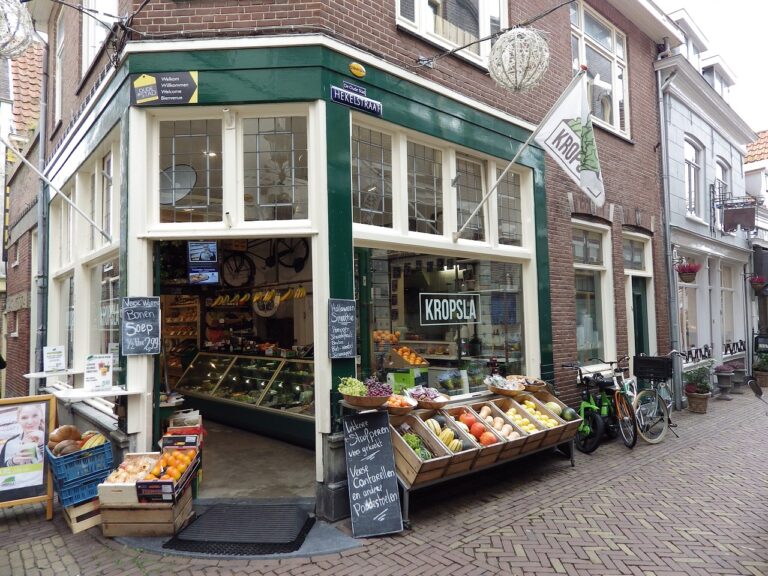Exploring the Market for Smart Renewable Resource Management Systems
world7, mahadev book login, silverexch:With the ever-increasing emphasis on sustainability and environmental conservation, the market for smart renewable resource management systems is rapidly expanding. These systems utilize advanced technology to monitor, control, and optimize the usage of renewable resources such as solar energy, wind power, and water in a more efficient and sustainable manner.
Smart renewable resource management systems offer a wide range of benefits, including reduced energy consumption, lower operating costs, and decreased environmental impact. These systems use sensors, software, and communication technologies to collect data, analyze patterns, and make real-time adjustments to maximize resource utilization and minimize waste.
In today’s blog post, we will explore the market for smart renewable resource management systems and discuss the key trends and opportunities in this rapidly growing industry.
The Growing Demand for Smart Renewable Resource Management Systems
As businesses and governments worldwide seek to reduce their carbon footprint and transition to a more sustainable energy model, the demand for smart renewable resource management systems is on the rise. These systems are particularly crucial in industries such as utilities, manufacturing, and transportation, where large quantities of energy and resources are consumed.
Key Trends in the Market
1. Integration of Artificial Intelligence: AI-powered algorithms are being increasingly used to optimize resource management systems, enabling them to learn from past data and make predictive recommendations for future resource allocation.
2. IoT Connectivity: The Internet of Things (IoT) is playing a significant role in the development of smart renewable resource management systems, allowing for seamless communication between devices, sensors, and software applications.
3. Microgrid Solutions: Microgrids are becoming more popular as a way to decentralize energy production and storage, enabling businesses and communities to become more self-sufficient and resilient in the face of disruptions to the grid.
4. Sustainable Water Management: In addition to energy, smart renewable resource management systems are also being used to optimize water usage in agriculture, manufacturing, and urban environments, helping to conserve this precious resource for future generations.
Opportunities for Growth and Investment
The market for smart renewable resource management systems is projected to reach $XX billion by 2025, driven by increasing awareness of climate change, government incentives for renewable energy adoption, and technological advancements in the field. Investors and businesses looking to capitalize on this growth can explore opportunities in software development, hardware manufacturing, and system integration services.
FAQs
1. What are the key components of a smart renewable resource management system?
A smart renewable resource management system typically includes sensors for data collection, software for analysis and optimization, and communication technologies for real-time monitoring and control.
2. How can businesses benefit from adopting smart renewable resource management systems?
Businesses can benefit from reduced energy costs, improved operational efficiency, and enhanced sustainability credentials by adopting smart renewable resource management systems.
3. Are smart renewable resource management systems suitable for residential use?
Yes, smart renewable resource management systems can be tailored for residential use, helping homeowners reduce their energy consumption, lower their utility bills, and minimize their environmental impact.







